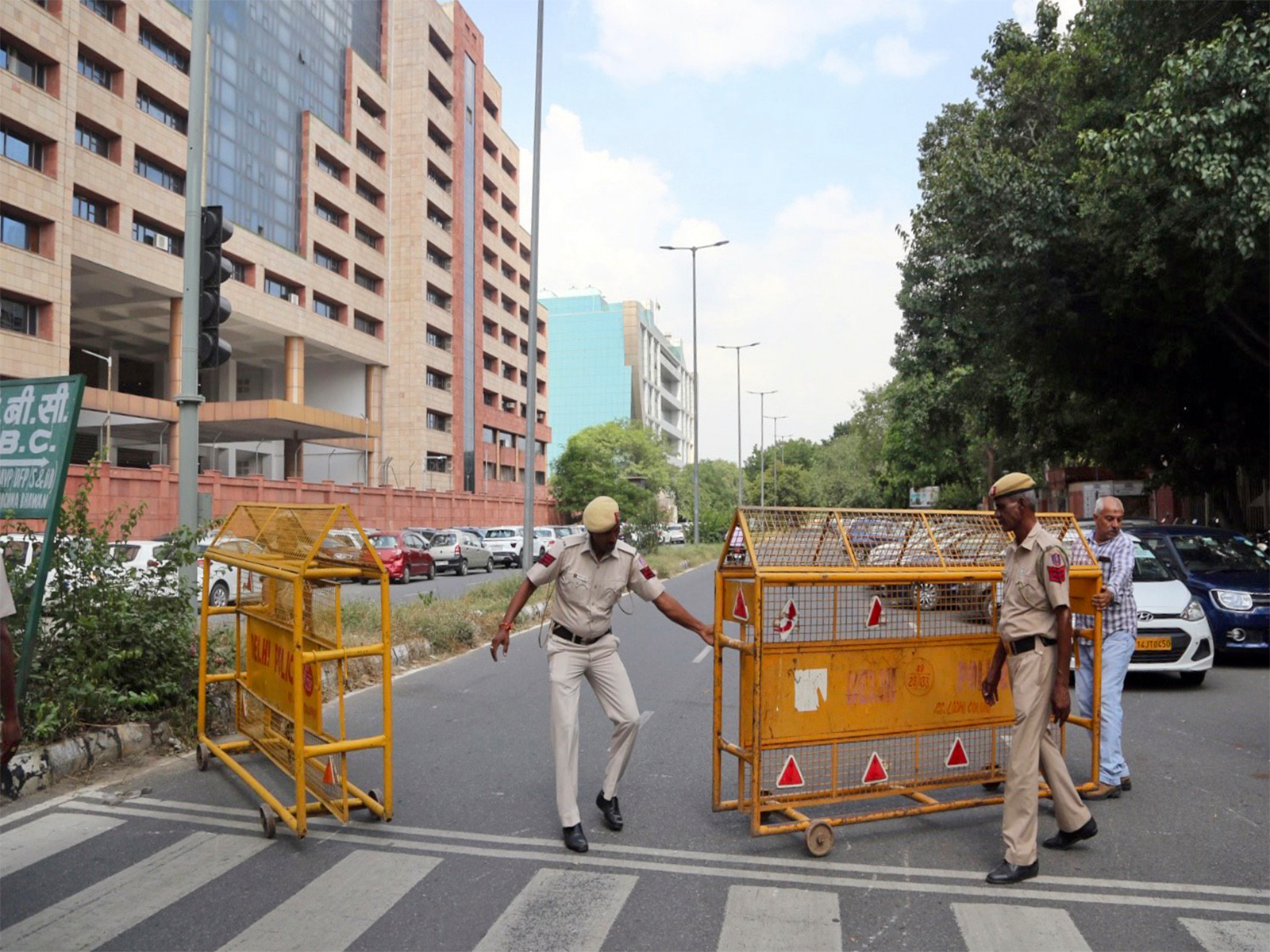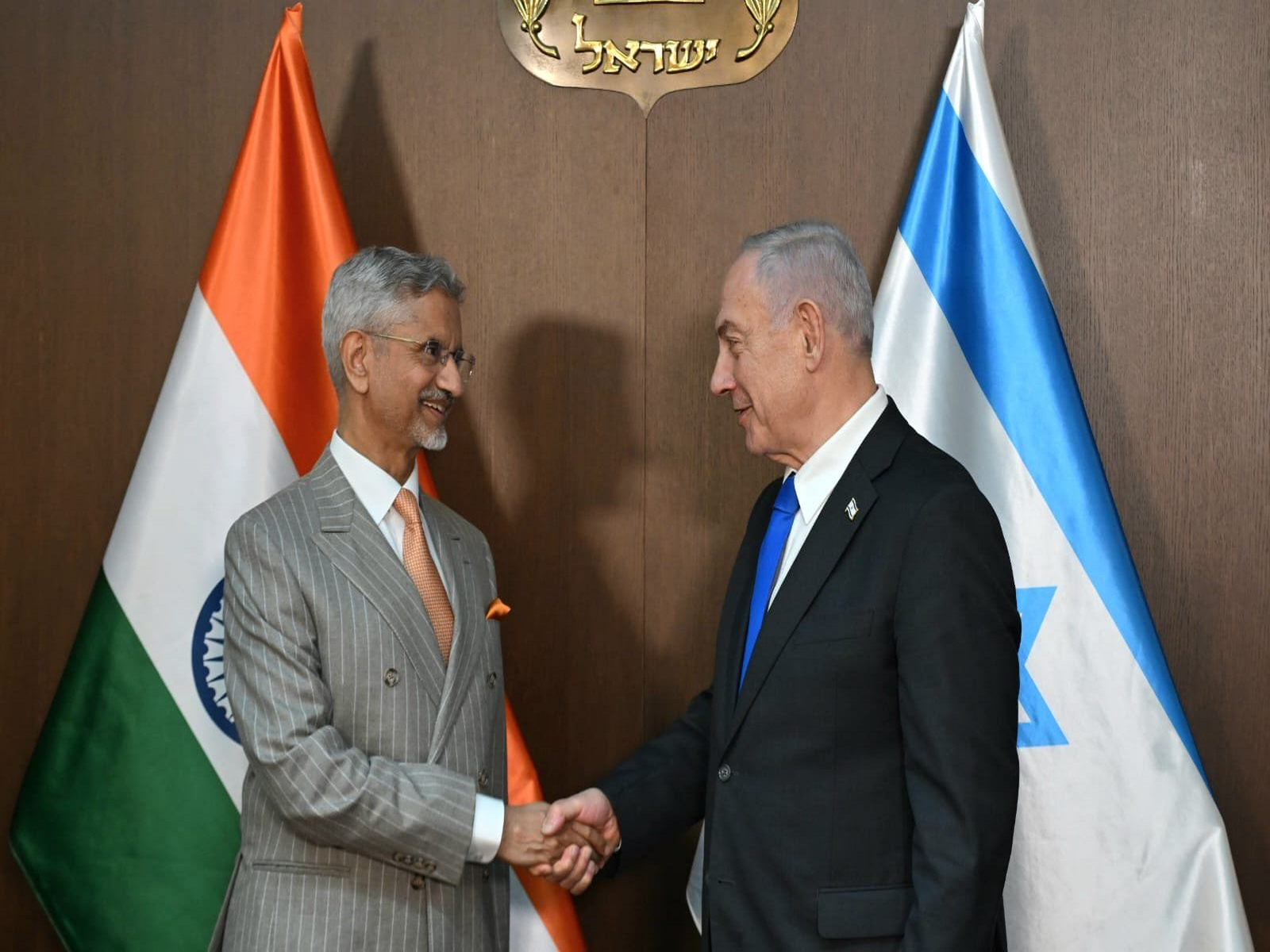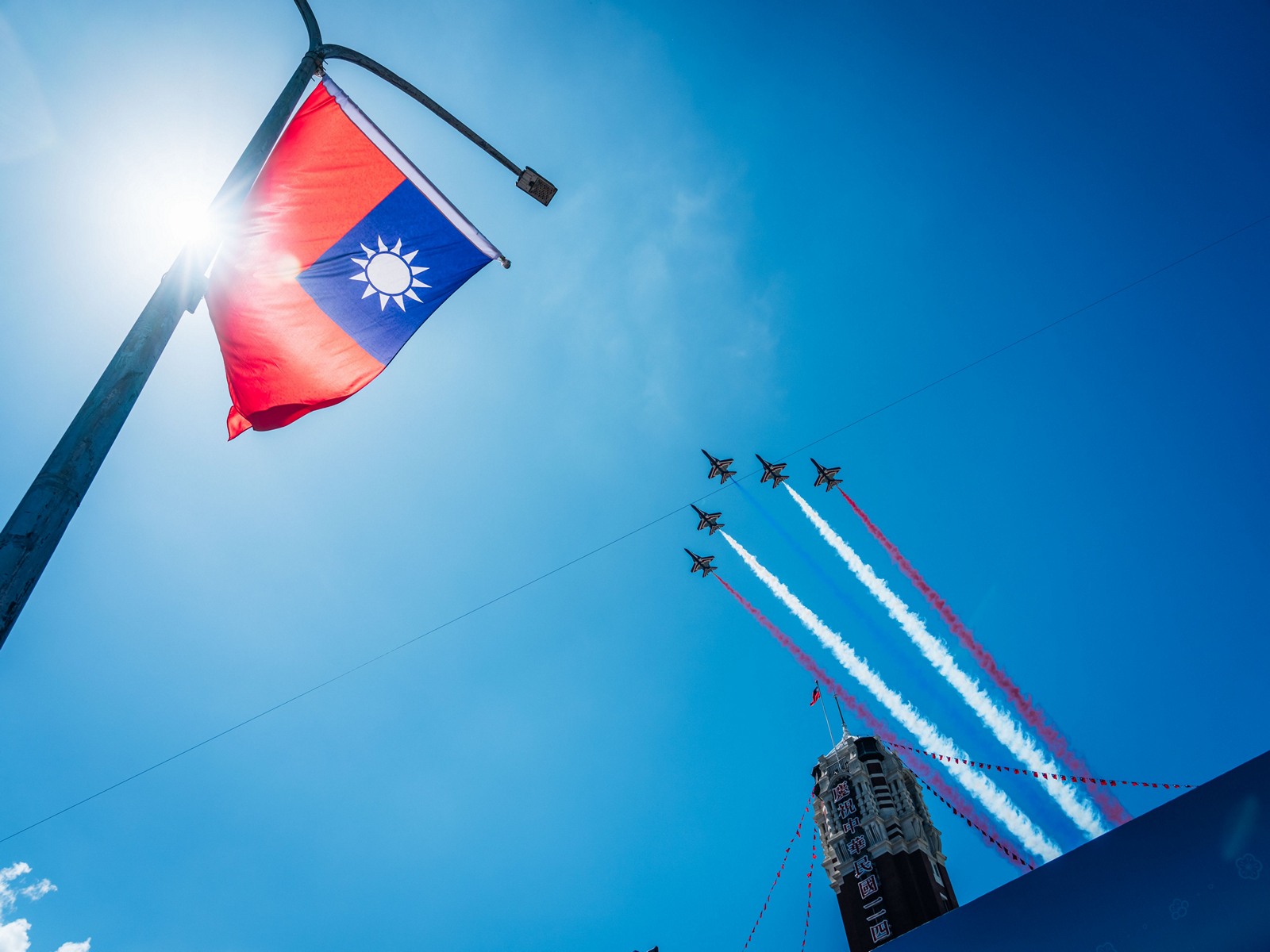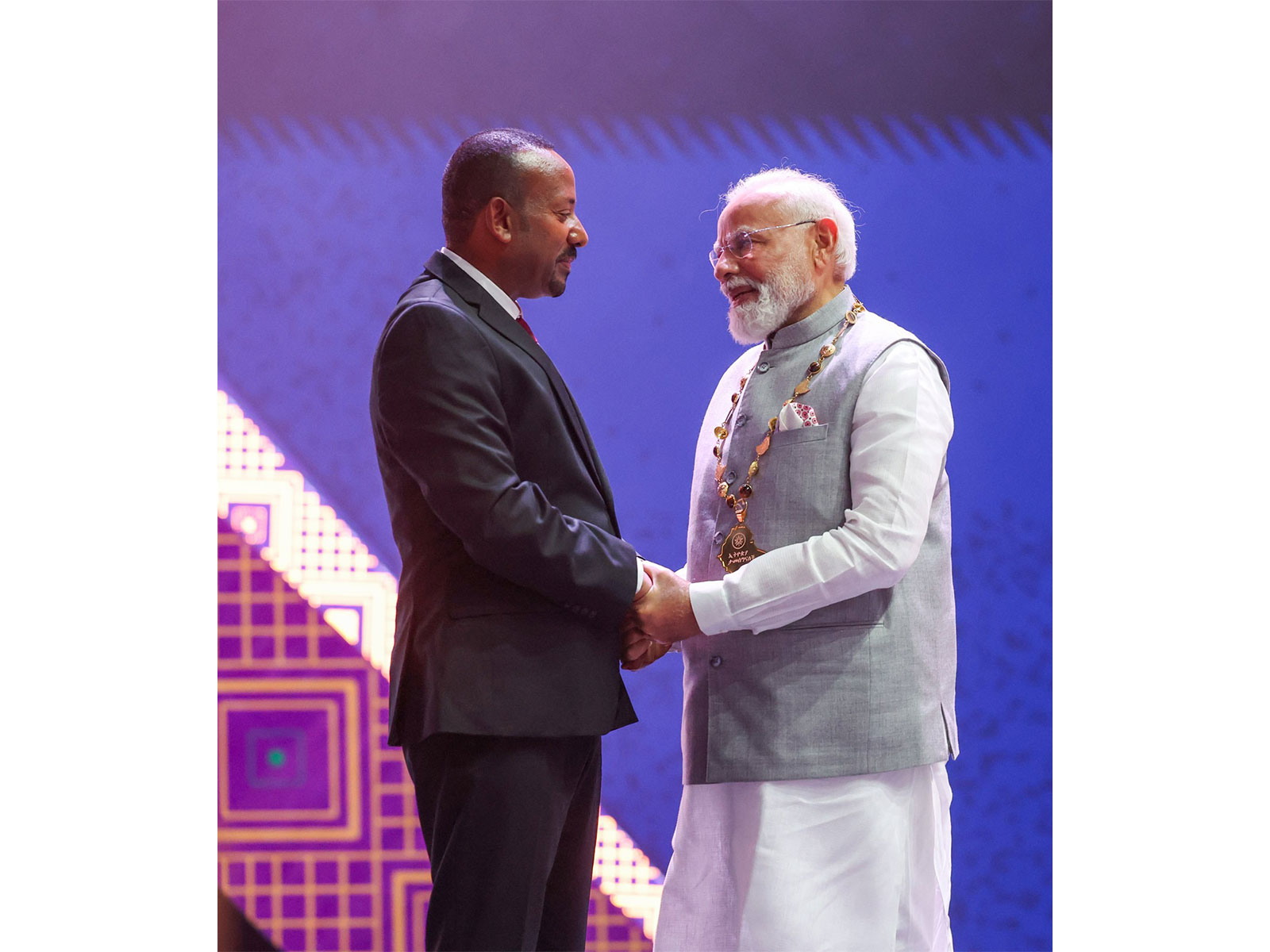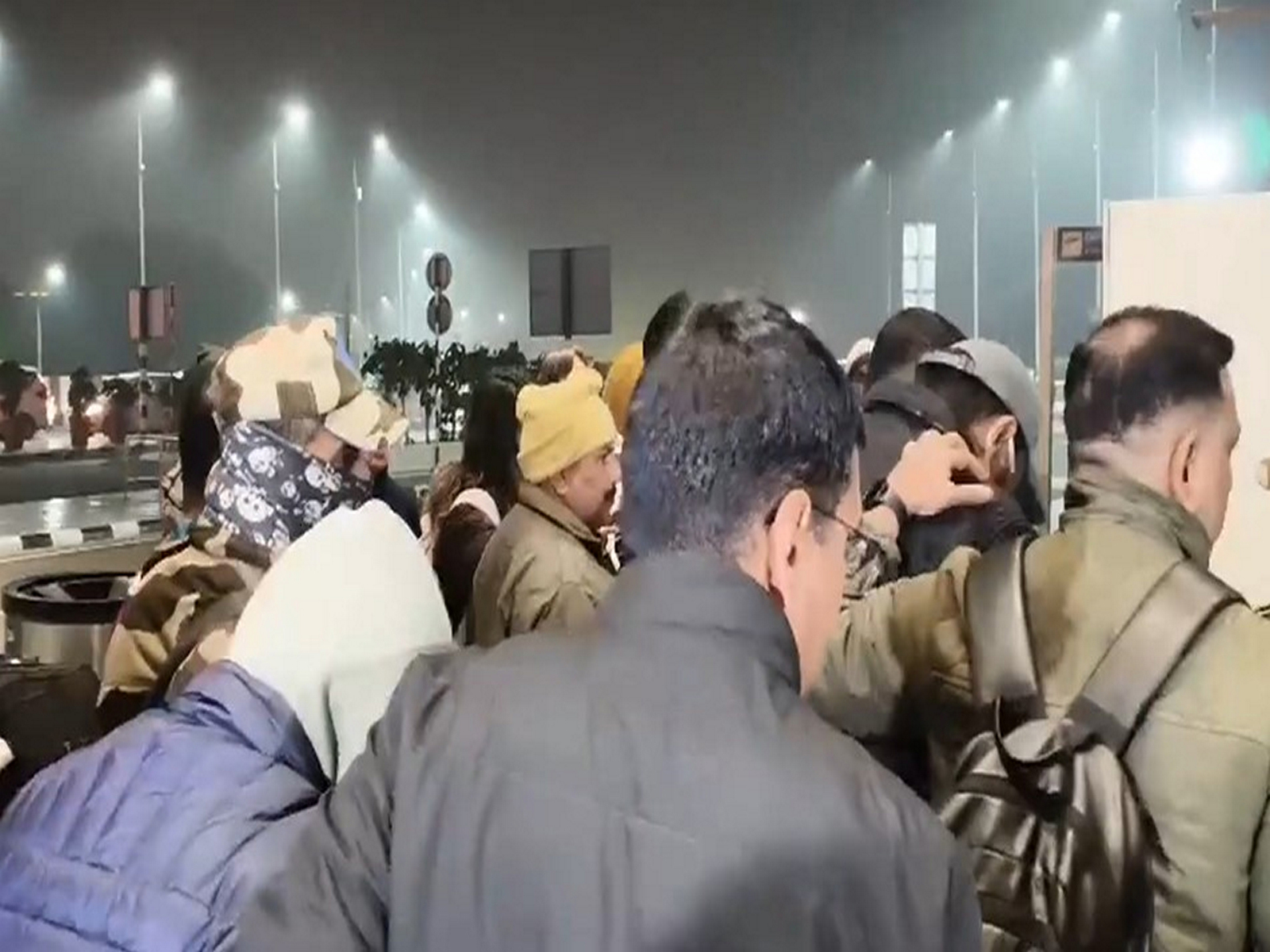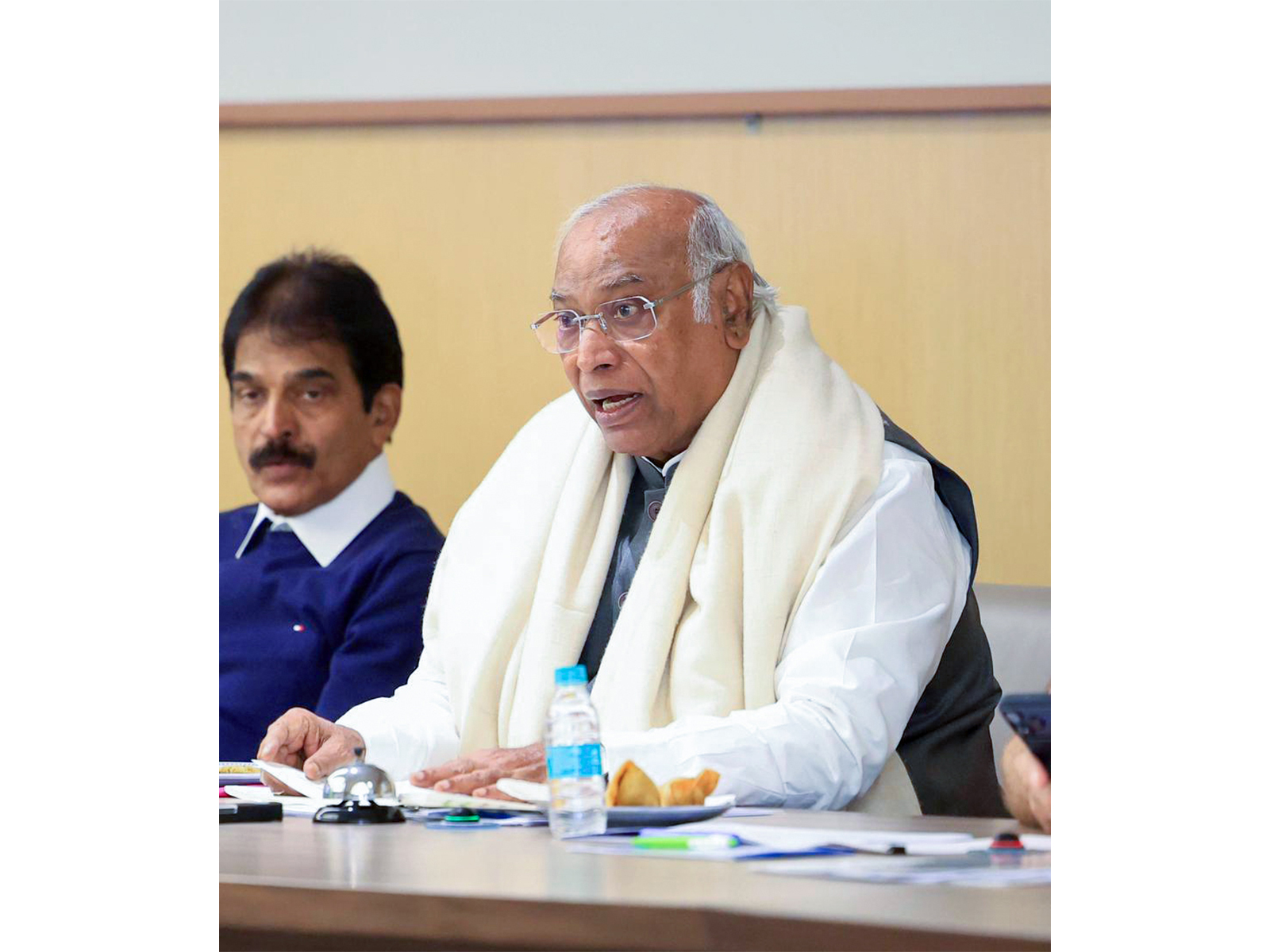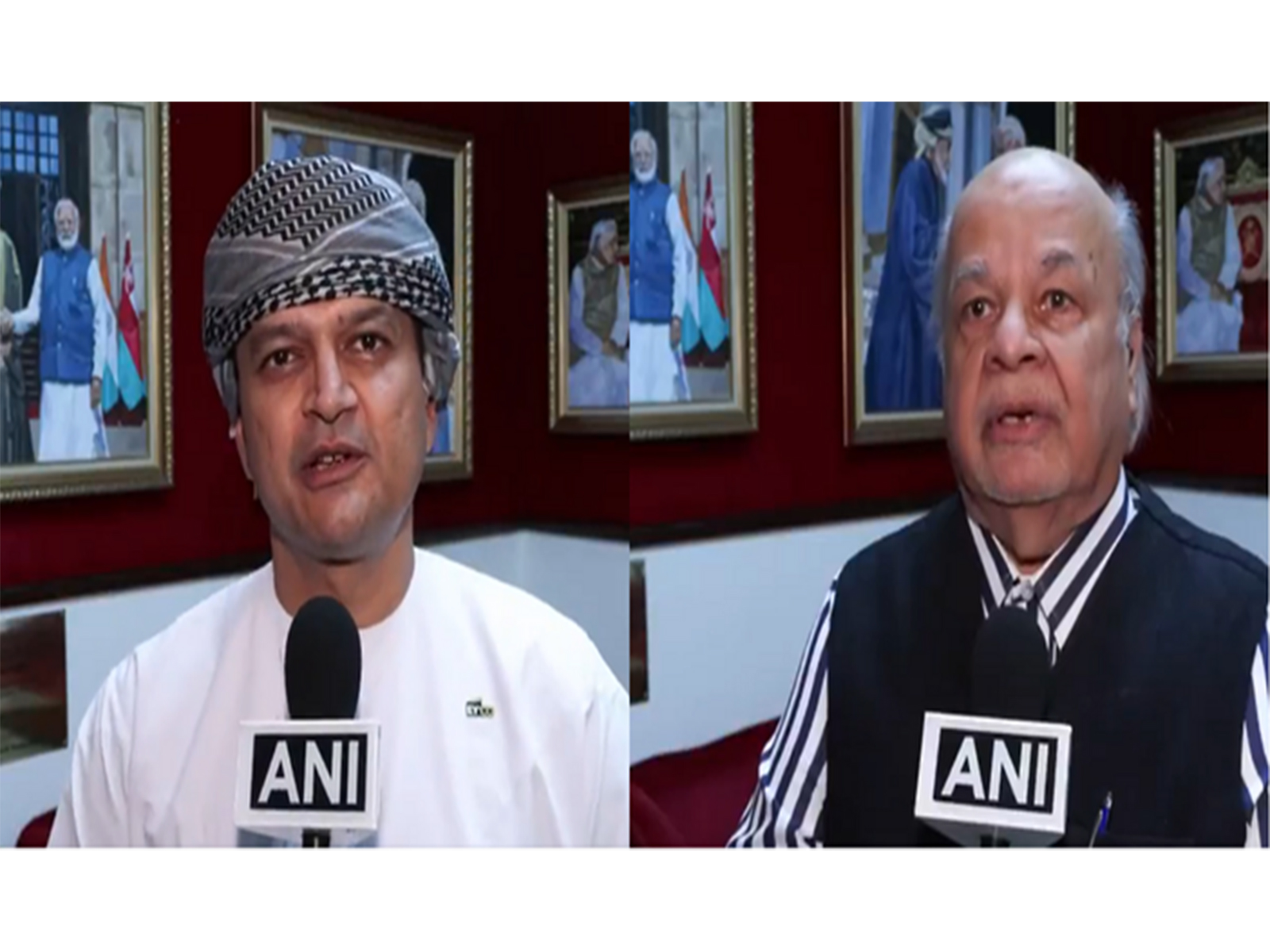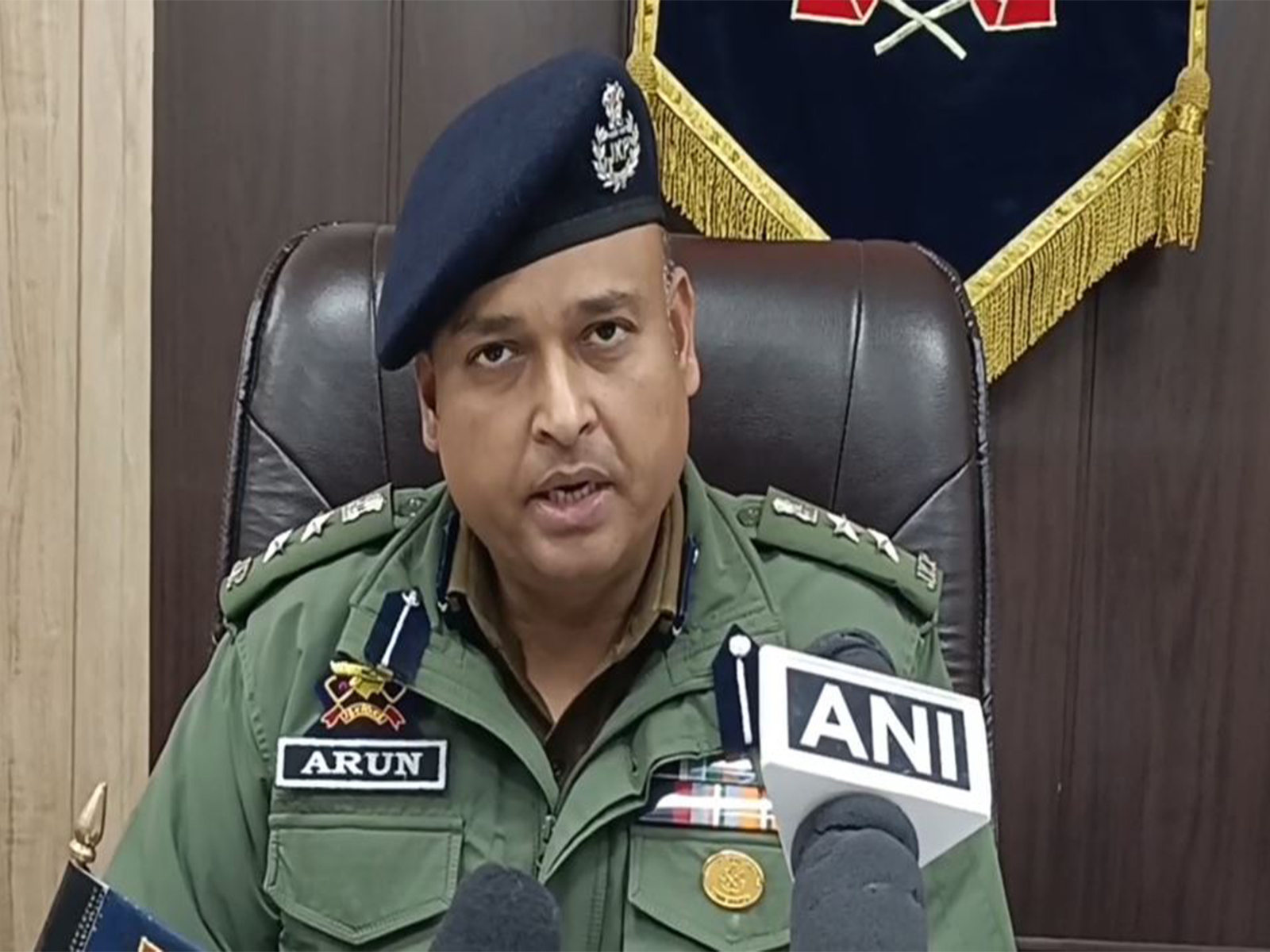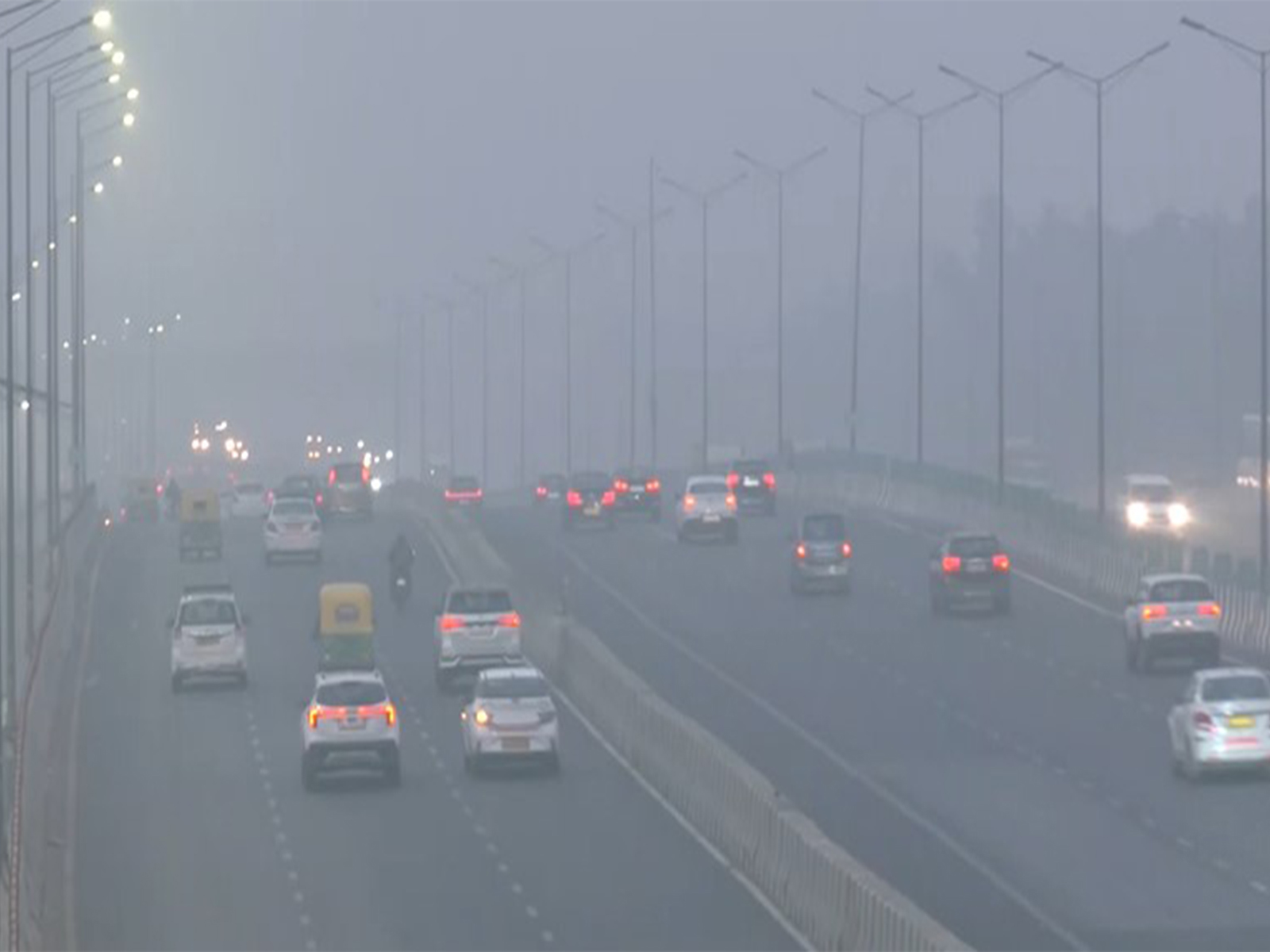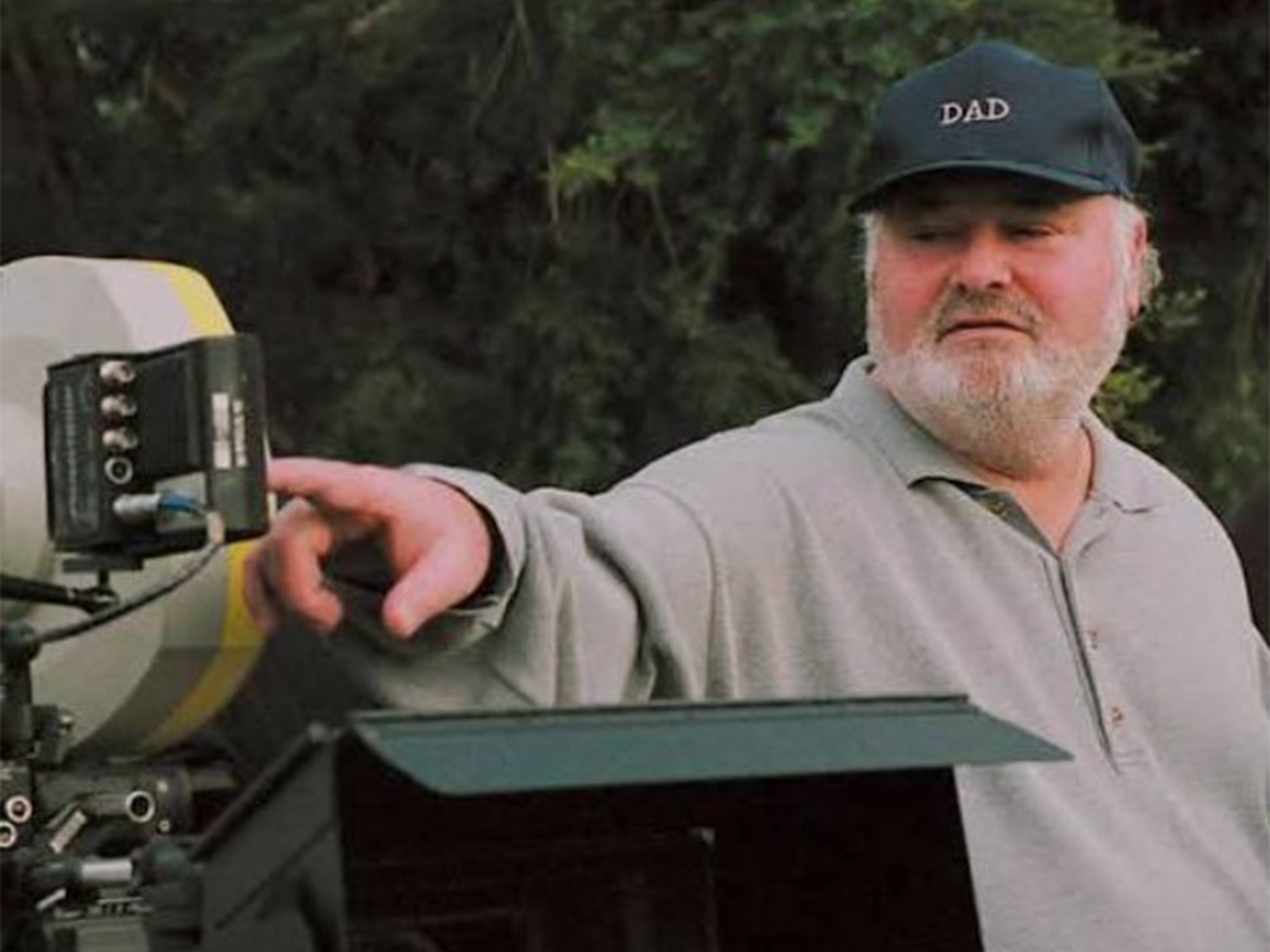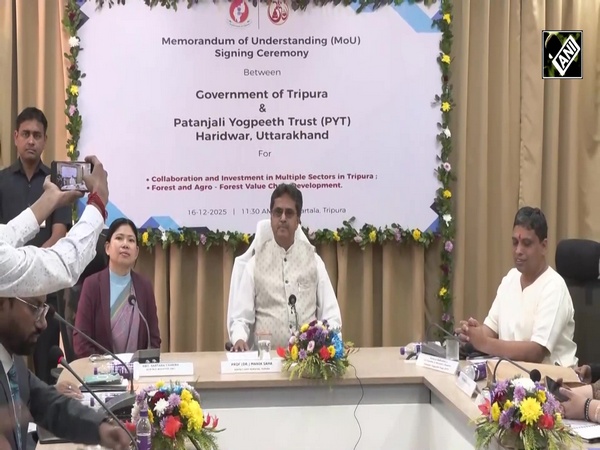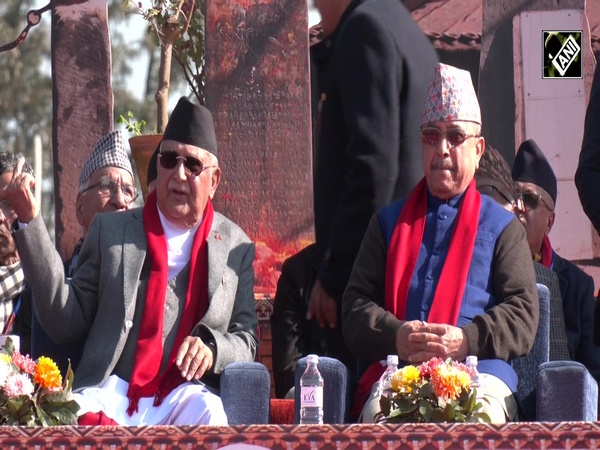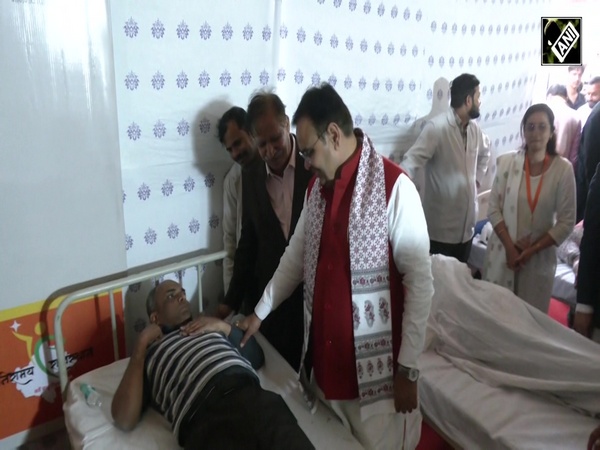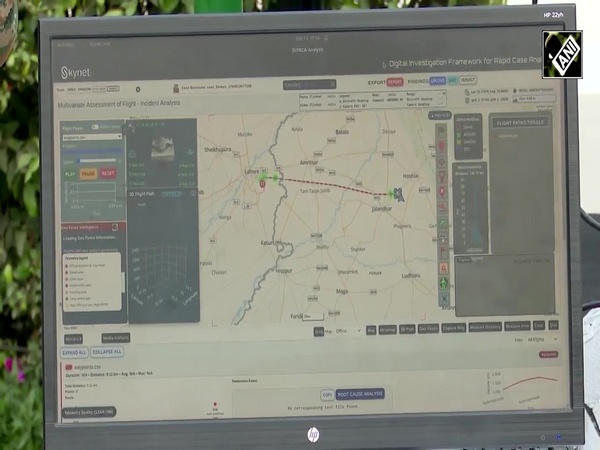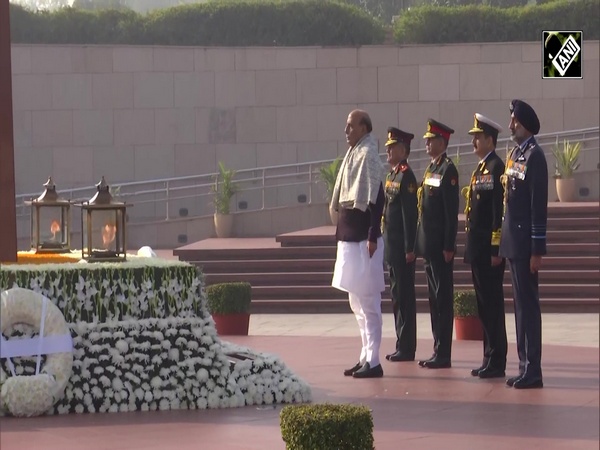Turkish opposition says Erdogan can't manage the country
Nov 22, 2021

By John Solomou
Nicosia [Cyprus], November 22 : As the Turkish lira is in a free fall, most Turks are finding it hard to make ends meet and polls show that Erdogan's AKP party has been consistently losing votes, opposition CHP leader Kemal Kilicdaroglu and IYI Party leader Meral Aksener declared after their meeting on November 17 that Erdogan cannot manage the country and that there is no way out of Turkey's problems than an emergency election.
In a press statement after the meeting, Kilicdaroglu said: "Erdogan, you cannot govern the county. It is a pity. Call elections as soon as possible, let a new government come into the office and govern the country properly."
Referring to the financial hardships faced in many segments of the society, from shopkeepers to farmers, from pensioners to civil servants and workers, Kilicdaroglu added: "Every day of delay in holding the elections increases the costs for society."
Reacting to these statements, the autocratic President of Turkey, speaking to his party parliamentary group on the same day, dismissed the idea of early elections, which he said will be held in June 2023 and added: "Those who guide the CHP are playing a game that is seemingly beneficial for them but is also equally harmful to our country. If they win, Turkey will be dragged into chaos with an uncertain end. We don't say this, history does."
Political scientist Professor Tanju Tosun asked about the threat of chaos if Erdogan loses the election said: "Erdogan uses a strategic language to consolidate his own voters and keep the voters that may leave the AKP by addressing them with negative discourse. Will the voters respond to this strategy? I don't think so."
An opinion poll held in 27 Turkish provinces from October 27 to November 3 showed that if Turkey had elections this Sunday, the Nation's Alliance of the main opposition Republican People's Party (CHP) and IYI Party would receive 38.9 per cent of the votes, while the People's Alliance of the ruling Justice and Development Party (AKP) and the Nationalist Movement Party (MHP) would receive 34.1 per cent of the votes.
According to the survey results, the most urgent problems of Turkey are the economic crisis, unemployment and difficulty in making ends meet. Moreover, 55 per cent of the respondents held Recep Tayyip Erdogan responsible for the bad economic situation in Turkey.
Several labor and occupational trade unions and confederations organized a big protest in Ankara on November 14 with the slogan "we cannot make a living."
A representative of the protesters said: "Every night, we go to bed worried about what prices will be increased the next day, asking ourselves how we will make a living with our shrinking wages and how we will survive the coming winter.
A similar protest was organized in the streets of Izmir on November 18 by the DISK Labor Confederation. Memis Sari, DISK Aegean Regional Representative, speaking on behalf of the workers said."Every morning, we wake up to a day with deeper poverty and increasing unemployment. With our money becoming worthless every day, our labor is also becoming worthless."
Last Thursday, the lira hit a record low, tumbling to 11.3 versus the dollar and a low against the euro after the Central Bank decided on a rate cut, which international markets saw as dangerous for Turkey's market economy.
"Stop Already, Erdogan! Election Immediately," tweeted Kemal Kilicdaroglu, while Meral Aksener said: "Erdogan has ruined our money and our reputation. If this is on purpose, it's outright treason. However, if it is a result of incompetence, it is obvious what needs to be done: This disgrace must be stopped by taking the country to elections as soon as possible."
In recent years Erdogan seems to be following a strategy of creating continuous crises. When he was elected Prime Minister in 2003, he made several liberal reforms, pushed ahead with efforts for Turkey to join the European Union, restored freedom of religion by removing the ban of headscarves in the public sector, reformed public services and started an ambitious housing program.
Indeed, many people in the West thought that he was truly a conservative -democrat and projected him as a model Islamic leader, who should be imitated by the leaders of other Middle East countries.
Erdogan's foreign policy, inspired by his foreign policy advisor and later Foreign Minister Ahmet Davutoglu was based on the principle of "zero problems with neighbouring countries."
Gradually, however, as he gained more and more power, Erdogan showed his true character. He removed from his circle anybody who disagreed with his plans and started acting as a true autocrat.
He also involved Turkey in numerous conflicts e.g., in Syria, Libya, Nagorno-Karabakh and in confrontations with the United States, France, Israel, Greece, Cyprus, Russia, Egypt etc. Now, instead of "zero problems" Erdogan has problems almost with everybody.
Following the failed coup attempt in July 2016, Erdogan ordered an unprecedented crackdown on supporters of his former ally the cleric Fethullah Gulen and his other pollical opponents, critics, journalists, and academics.
The New York Times wrote that the scale of the crackdown is "unmatched anywhere else in the West". Now hardly a day passes, without press reports that some people were arrested or lost their jobs allegedly for being members of FETO (the Gulen organization).
Erdogan from a reformist and a democrat has turned into an autocrat, who does not tolerate any criticism. As a result of his current disastrous economic policies, he destroyed his "former economic miracle" and has made life extremely hard for the average Turk.
Umit Cizre, Professor at Bilkent University, says: "Erdogan now rejects the trail-blazing democratic reforms of his early years to affirm a dark and divisive vision which criminalises any opposition, criticism or dissent. He has turned an EU candidate country that was once a regional model, friendly with Islam but distant from jihadi militancy, into a byword for autocracy. He has installed a permanent crisis, all as a means of securing his own power."
